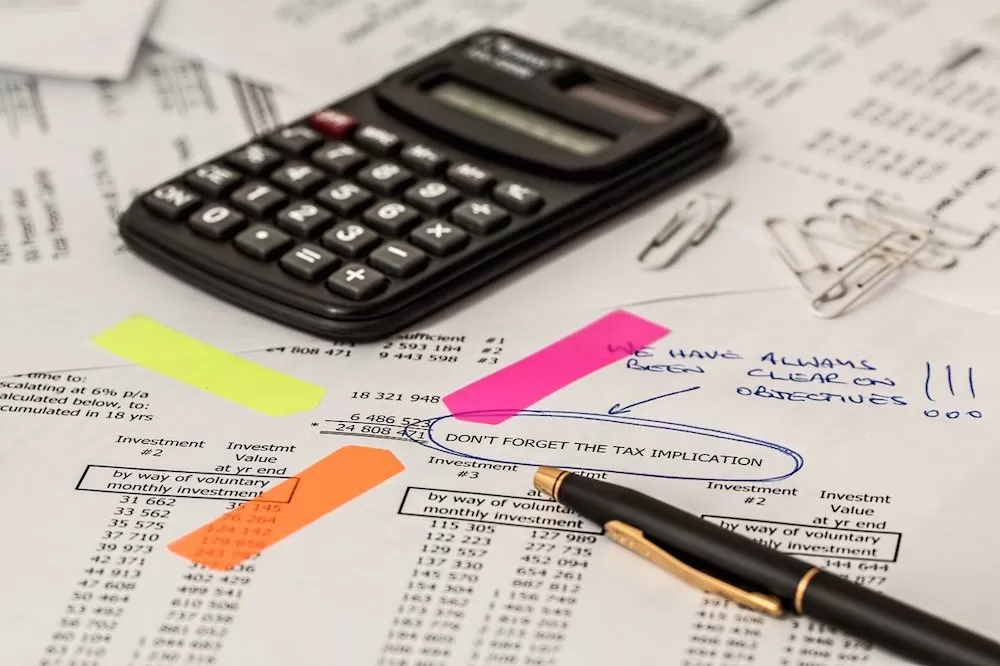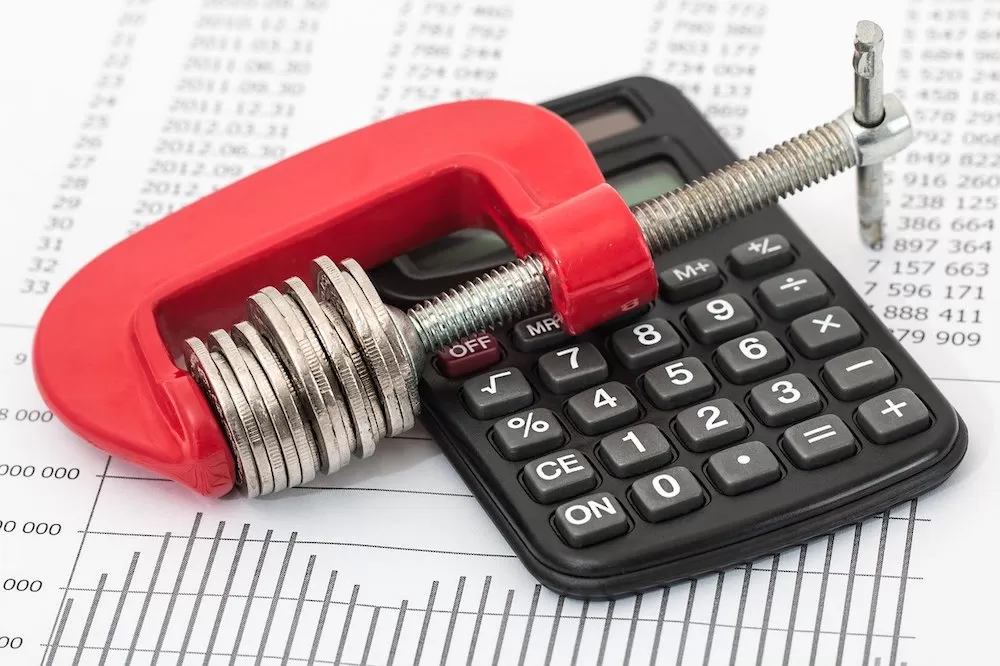
First and foremost, you should know that you're only obligated to pay taxes in Spain if you've become a resident here. If you spend at least six months (a total of 183 days) in the country, you'll be considered a resident and will be taxed as such. However, even if you're a non-resident in Spain, as long as you earn your income from this country, you're required to pay income taxes here as well. Though it may seem unfair at first—especially since you're not even living in Spain at all—it still makes sense considering you profit off of the country.
Speaking of income taxes in Spain, the country instituted different rates depending on your total annual income. Different rates correspond to different thresholds, and if your annual income falls on any of them, you have to pay the corresponding rate. The lowest is 19%, required of those who earn up to €12,450.00 a year. The rate goes up to 24% when your total annual income falls within the range of €12,450.00 to €20,200.00. It's 30% when you earn around €20,200.00 to €35,200.00 annually. 37% for those who have a total annual income of €35,200.00 to €60,000.00. And if you earn more than €60,000.00, you have to pay 45% of your total annual income.

Of course, as you pay your income taxes every year, you also have to file your tax returns in Spain. However, there may be some conditions that can get you exempt from such. For many people out there, you only really have to file your income tax returns on your first year as a resident of Spain. After that, if your annual income is less than €8,000.00 and your investments and stock amount to less than €1,600.00, you're no longer obligated to file your annual income tax returns. This gives those who earn very little in the country a chance to save money in the long run.
The Impuesto Sobre Bienes Inmuebles, or Spain's property tax, is required of those who own property in Spain. But don't think this is only reserved for citizens and residents of the country. You can still own property in Spain without having to change your citizenship or officially moving to the country as a resident. And if you are any of these, you're obligated to contribute your Imputed Income Tax, most especially if you earn profit from your property here. As for the rates, they depend on the rental value of your property multiplied by the rate instituted by the local authorities.

In terms of profiting in Spain, the country's capital gains tax is also something to look into. Any income you gain from the sale of any property, stock, bonds, and the like you have in Spain makes you obligated to contribute your fair share. You also have to abide by different tax rates. Now, if what you earned amounted to €6,000.00, you have to pay 19% of your total capital gains. If you earned between the range of €6,000.00 to €50,000.00, the rate goes up to 21%. And if you earned more than a total of €50,000.00 from your capital gains, you have to pay 23% of your total profit.
If you think things in Spain are generally more expensive, that's because the country has a relatively high VAT or value-added tax. At least, compared to other EU countries, the VAT for general goods and services alone are at a whopping 21%. As for toll roads, tickets to events, and the like, you have to pay 10% than the actual price. But at least, for essential goods, such as medicine, newspapers, and more, the rate stays at a measly 4%. Still, be wary of the VAT in Spain. The price of an item may seem like it's one thing, but really, it's probably higher than you remembered.
Finally, there's Spain's inheritance tax. Whether you're a citizen, resident, or not, once you've inherited an estate in Spain, you'll be taxed on it. In fact, citizens from other EU countries are now treated and taxed the same as Spain's actual citizens and residents. This is how the country relies heavily on this certain type of tax. Fortunately, the rate differed from region to region, but it mostly ranges between 1% to 5%. And once you've contributed, you have nothing else to worry about.

Once you're familiar with the various taxes in Spain, living here would be a breeze. As long as you contribute to the certain taxes you're required to pay, setting up a new life in this beautiful country will be less of a hassle!
What's even less of a hassle is if you go for a Spanish luxury home as your accommodation here. You'll realize they're worthy investments once you go inside one!